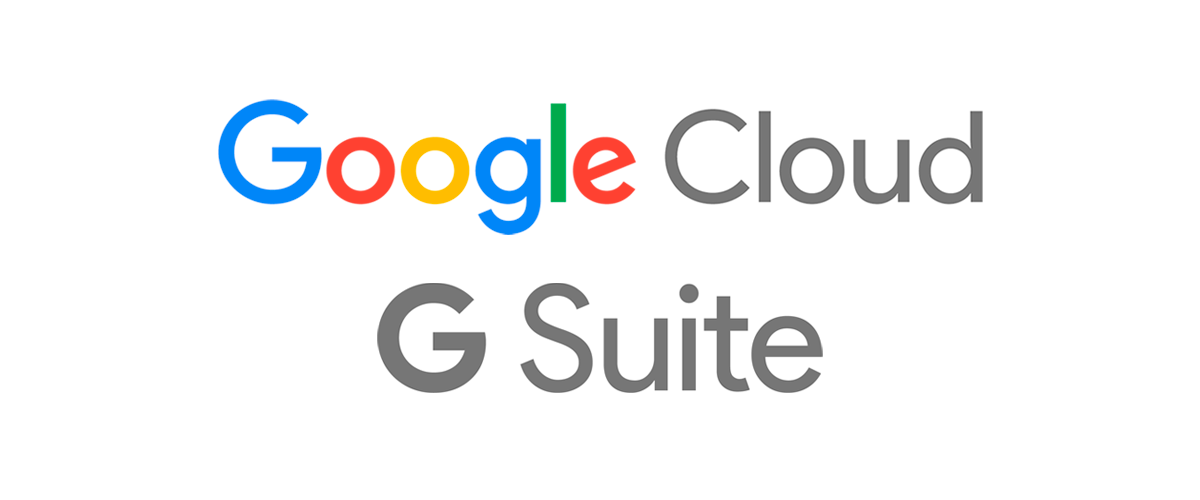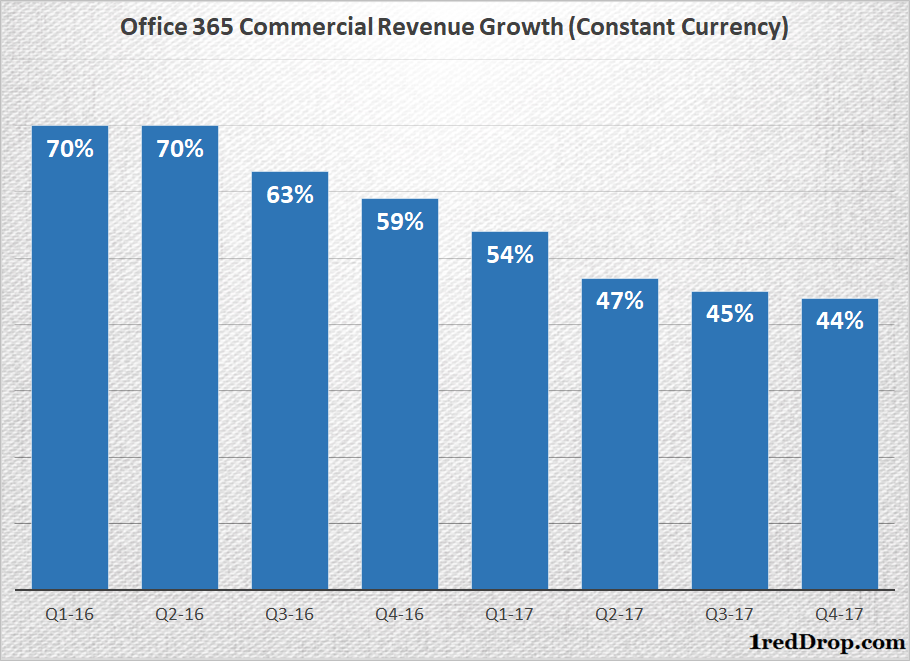Salesforce.com Monday said that it has partnered with Google’s cloud platform G Suite by naming Google Cloud as its preferred public cloud provider to support the company’s fast-growing customer base around the world.
The news comes hot on the heels of the company releasing its Fiscal 2019 revenue growth guidance, where Salesforce.com guided for 20% growth over its 2018 estimates.
Salesforce.com will begin offering integrations between its CRM platform and G Suite, which it hopes will enable its clients to seamlessly exploit customer intelligence between Salesforce Lightning and Quip, and G Suite applications such as Gmail, Hangouts Meet, Google Calendar, Drive, Docs and Sheets.
Other integrations are expected with Google Analytics, which will give customers deeply integrated access – for the first time – to marketing and advertising data across its portfolio of Salesforce Sales Cloud and Salesforce Marketing Cloud, as well as Google Analytics 360.
Salesforce’s partnership with Google Cloud can be seen as a pre-emptive strike against the incursion of Microsoft and Oracle into its cloud CRM domain, where it remains the global leader.
The agreement between the two companies will also see them use each other’s products. Salesforce will continue to use Google Cloud’s G Suite as its preferred productivity partner, while Google will keep using Salesforce’s tools as its preferred CRM enabling software.
Mark Benioff, Salesforce.com’s Chairman and CEO, said:
“Our partnership with Google represents the best of both worlds for our customers. There has never been an easier way for companies to run their entire business in the cloud—from productivity apps, email and analytics, to sales, service and marketing apps, this partnership will help make our customers smarter and more productive.”
But despite Google’s efforts to take Microsoft’s Office 365 head-on, the latter continues to record stellar growth quarter after quarter, increasing revenues by 40 percent year-over-year for the last eight quarters. With no sign of a slowdown, even if the Google Cloud-Salesforce partnership gives G Suite a leg up, it has a long way to go before it can think of competing with market leader Microsoft in this space.
Salesforce needs to deal with the Microsoft problem as well, but not against Office 365. Their target is Microsoft’s emerging Dynamics 365, which now has LinkedIn to support its growth. Even though Salesforce.com holds nearly 20% market share in the CRM segment, Microsoft represents a very real future threat.
That said, from a customer’s standpoint, a single-vendor solution is usually preferred over a multi-vendor model. If a company is already using Microsoft’s tools for productivity and possibly ERP, then it makes sense for them to switch over from Salesforce to Microsoft for their CRM needs as well.
And that’s the threat I believe Salesforce is trying to address with the partnership with Google. It just so happens that Google Cloud is getting a leg up in the process, which makes for a win-win situation.
Thanks for visiting. Please support 1redDrop on social media: Facebook | Twitter
Source: Salesforce Press Release | Gartner




